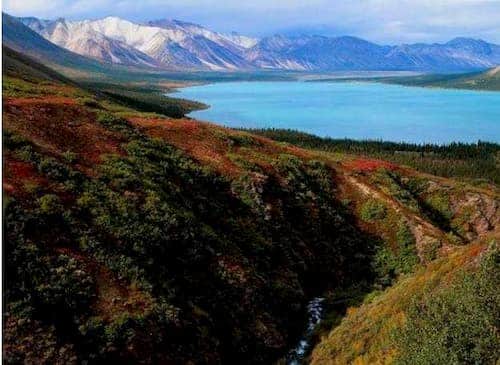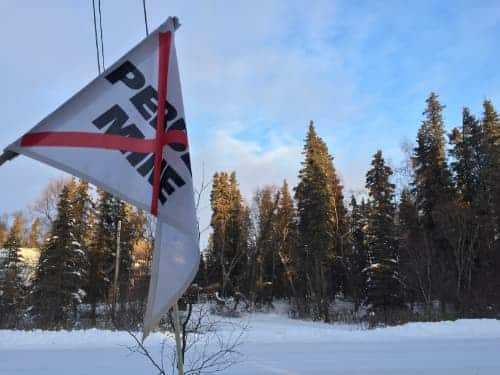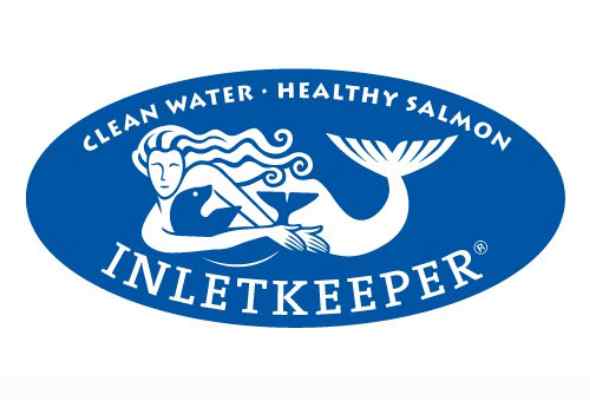Five Senate Democrats representing West Coast states told President Barack Obama on June 10 that his administration should consider the impact on the West Coast fishing industry before permitting a large-scale mine in Alaska’s Bristol Bay region.
The comments, contained in a letter to the White House, were signed by Senators Maria Cantwell and Patty Murray, both D-WA; Jeff Merkley, D-OR, and Dianne Feinstein and Barbara Boxer, both D-CA.
|
|
The senators cited a new report from the University of Alaska Institute of Social and Economic Research, which concluded that the Bristol Bay commercial salmon fishery generates $1.5 billion in economic activity annually. The report also found that Bristol Bay salmon fishing and processing is worth $674 million to Washington, Oregon and California while creating 12,000 seasonal jobs and approximately 6,000 full-time jobs in those states.
The senators said the report clearly demonstrates that Bristol Bay is an integral component of the broader Alaska and Pacific Northwest seafood industry, with thousands of family wage jobs dependent on the Bristol Bay salmon run.
“We support a valid, sound science based approach to ensuring that Bristol Bay salmon are safeguarded,” they said. “To that end, we respectfully ask that you make staff from both the Council on Environmental Quality and the Department of Commerce available to our staff to discuss the implications of this economic report, and how these two agencies, specifically, are working with the EPA to protect our maritime economies.”
“Water contamination and habitat loss from the construction and operation of a hardrock mine in Bristol Bay would put thousands of fishery-related family wage jobs at risk,” the senators said. “Our states have a strong maritime history of which our commercial fishing industries are a key part. In order to maintain these direct fishing and processing jobs, and the jobs supported by associated businesses like gear manufacturers, shipbuilders, suppliers and other maritime businesses, we must maintain healthy, sustainable fishery resources.”
Source: Fishermen’s New Online







